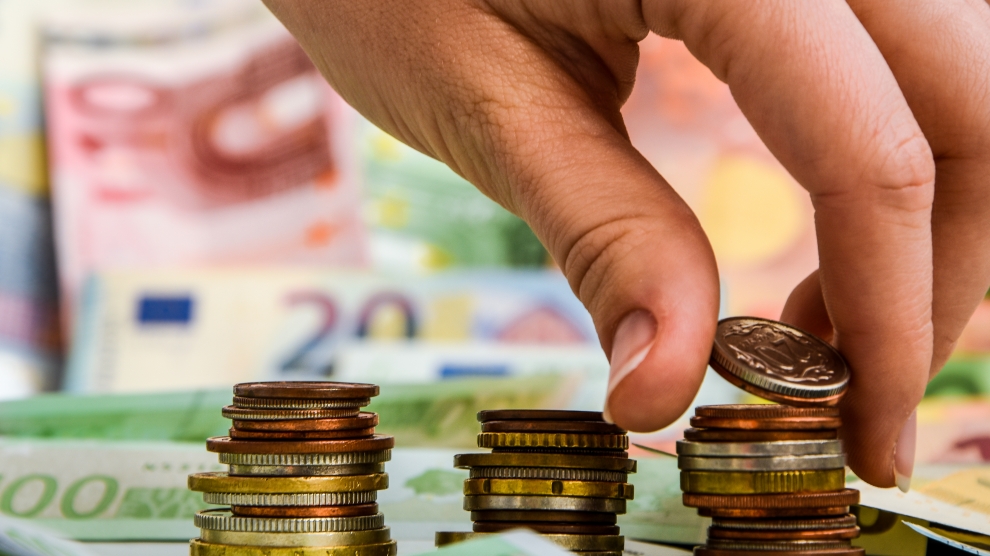Nine countries in emerging Europe are in line to receive a combined total of 21.24 billion euros as part of the European Union’s SURE programme, designed to mitigate unemployment risks in an emergency and one of safety nets agreed by the European Council to shield workers, businesses and countries from the socio-economic consequences of the Covid-19 pandemic. The money is in addition to funding already approved as part of the Covid-19 recovery fund, Next Generation EU.
The European Commission on August 24 presented proposals to the European Council granting financial support of 81.4 billion euros to 15 member states under the SURE instrument. Once approved, the financial support will be provided in the form of loans granted on favourable terms directly from the EU to member states. These loans will be used to address sudden increases in public expenditure to preserve employment, specifically to cover the costs directly related to the financing national short-time work schemes, and other similar measures put in place as a response to the coronavirus pandemic, in particular for the self-employed.
To finance the loans, the European Commission will borrow on the financial markets.
Announcing the proposal, President of the European Commission Ursula von der Leyen said: “We must do everything in our power to preserve jobs and livelihoods. Today marks an important step in this regard: just four months after I proposed its creation, the Commission is proposing to provide 81.4 billion euros to help protect jobs and workers affected by the coronavirus pandemic across the EU. SURE is a clear symbol of solidarity in the face of an unprecedented crisis. Europe is committed to protecting citizens.”
Poland will be the emerging Europe region’s largest recipient, its 11.2 billion euros topped EU-wide only by the 27.4 billion euros allocated to Italy and 21.3 billion euros for Spain.
Romania will be able to borrow four billion euros, Czechia two billion euros, Slovenia 1.1 billion euros, Croatia one billion euros, Slovakia 631 million euros, Lithuania 602 million euros, Bulgaria 511 million euros and Latvia 192 million euros. Hungary’s request has yet to be assessed.
Loans provided under the SURE instrument will be underpinned by a system of voluntary guarantees from to member states. The Commission expects that the process of finalising the guarantee agreements with the Commission to be completed very shortly. Each member state’s contribution to the overall amount of the guarantee corresponds to its relative share in the total gross national income (GNI) of the European Union, based on the 2020 EU budget.
“Short-time work schemes have played a key role in cushioning the impact on jobs of the Covid-19 pandemic,” said European Commissioner for Economy Paolo Gentiloni. “SURE is the European Union’s contribution to these essential safety nets. It will help to protect workers against unemployment and preserve the jobs and skills that we will need as our economies recover. The high demand from our member states confirms the vital importance of this scheme.”
—
Unlike many news and information platforms, Emerging Europe is free to read, and always will be. There is no paywall here. We are independent, not affiliated with nor representing any political party or business organisation. We want the very best for emerging Europe, nothing more, nothing less. Your support will help us continue to spread the word about this amazing region.
You can contribute here. Thank you.








Add Comment